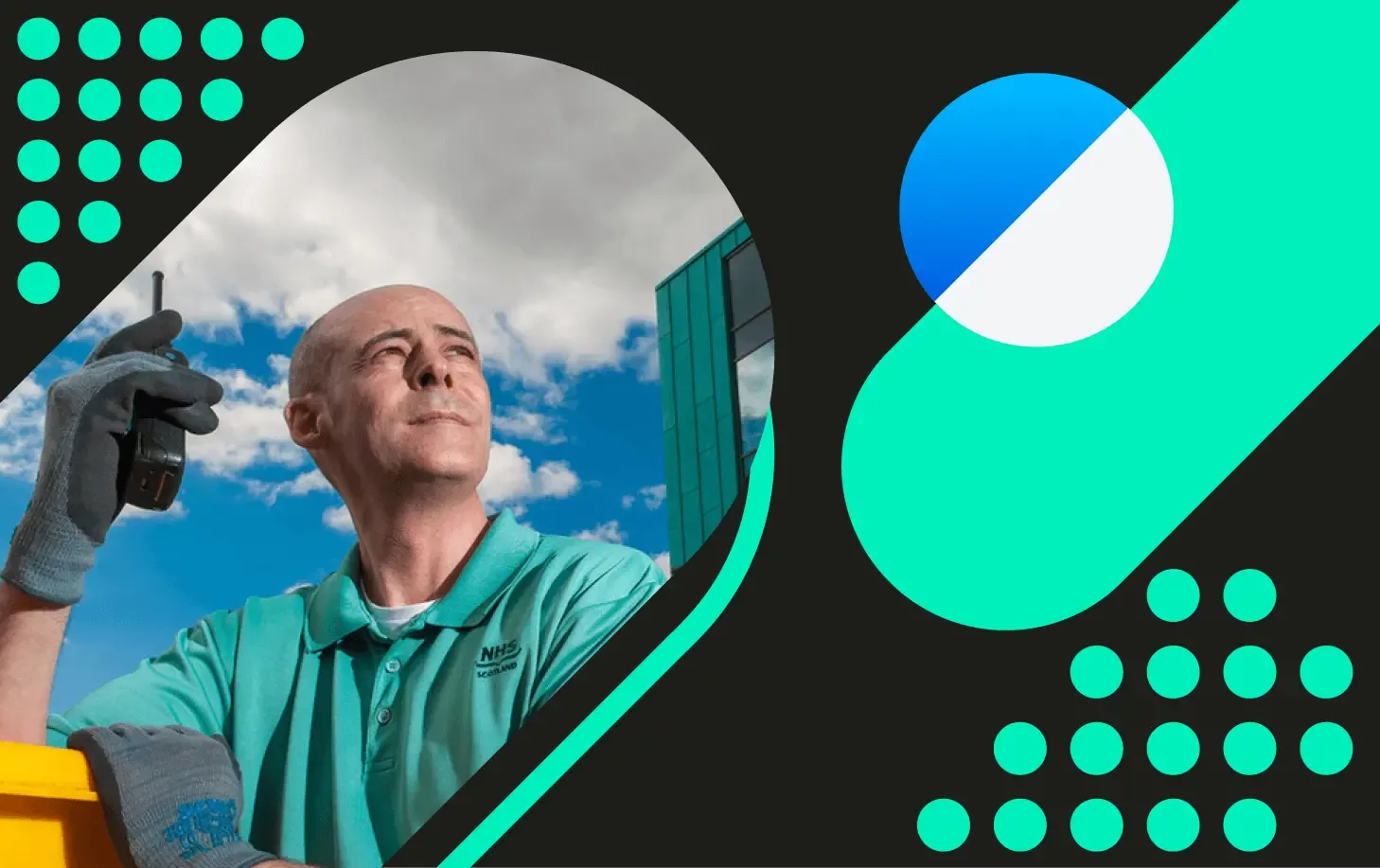
Can ‘precision approach’ to crowdfunding for medical research increase engagement and investment?
It is rare that I bring other interests into my work at InnoScot Health, but sometimes one informs the other enough that I feel it is important to share those experiences
One learning in that vein was a recent presentation I attended from Dr Aravind Ganesh of the the University of Calgary, last year’s winner of the Panmure House Prize.
I chair the advisory board of Panmure House – philosopher and ‘father of economics’ Adam Smith’s final home in Edinburgh, where he died in 1790.
Fifteen years ago, Edinburgh Business School and Heriot-Watt University undertook the task of saving historic Panmure from dereliction. Following a £5.6m renovation, it was formally opened in 2018 by former Prime Minister Gordon Brown, in turn becoming a centre of excellence for the study of contemporary economics and a place to celebrate and reflect on the legacy of Adam Smith.
Today, it ultimately aims to provide world-influencing social and economic debate and research, while effecting positive change and forging global, future-focussed networks.
Therefore, welcoming Dr Ganesh, a Vascular and Cognitive Neurologist, to Scotland to talk through his research – titled Developing a Free Market to Drive Potential Donor Engagement and Long-term Investment in Medical Research & Innovation – was a natural step.
Essentially, what he proposes is an improved method of crowdfunding medical research – considered to be, in his words, “potentially transformative work” – as he believes there has been little recent growth in investment in traditional funding avenues.
Dr Ganesh told attendees that he thought key problems in this area currently included medical research funding being insufficient due to a majority of applicants being unsuccessful, often because of systemic bias; if granted, it takes some two years to be disbursed; the process often lacks parity with early career researchers disadvantaged due to a lack of ‘track record’; and also patients, donors and other interested stakeholders are not given enough of a voice.
He said that donors who help fund medical research, including taxpayers, currently have little engagement in the process of selecting research projects to be funded, and struggle to understand the impact achieved.
This, Dr Ganesh added, was “brought into sharp focus by the COVID-19 pandemic,” during which he thought incredible strides in medical research like vaccinations were met with distrust by some sections of the public.
Whatever your thoughts might be on such divisive notions, there can be no denying medical research crowdfunding’s increasing prevalence and global potential. A cursory glance at related news headlines is telling in that regard – but there is a lack of structure.
Whatever the outcome, it will be an interesting case study in a burgeoning area and one that we can be thankful to Panmure House for supporting.
Graham Watson, Executive Chair of InnoScot Health
Dr Ganesh thought that, done correctly, a “precision approach” to crowdfunded research would allow it to be guided by an “open, dynamic peer-review system” ensuring the quality of proposed projects.
Directly connecting members of the public, and philanthropists, to tailored, simplified, and peer-reviewed information about different research projects he believes could help increase their understanding of medical research projects and encourage them to potentially invest in research, he stated.
It is a new and interesting proposition, and putting those ideas into practice, Dr Ganesh and others have launched a new crowdfunding platform called Let’s Get Proof, aimed at accelerating medical research, with cutting-edge research projects presented in simple language.
It is a new project, launched just last year and they are now examining the extent to which that platform can scale up and engage members of the public in viewing and funding research projects. They will also examine whether projects on Let’s Get Proof can achieve better funding success rates than traditional grant-funding agencies.
Dr Ganesh and his team believe this work will provide valuable insights into donor behaviour and the real-world performance of a crowdfunding platform in the medical research and innovation space.
Essentially, he said, these efforts could help to promote what he calls a “free market” of ideas, could “democratise and encourage participation in improvement of evidence-based healthcare,” and “increase long-term investment in medical research and innovation.”
Dr Ganesh considers Let’s Get Proof to be a tool that promotes collaboration – connecting researchers to experts in their field – for increased speed and applicability of research, while the crowdfunding model distributes risk so that there is more room for ‘out of the box’ ideas.
It is by no means a certainty that it will work. The current research is simply further examining whether the platform can achieve better funding success rates than traditional grant funding agencies in its first year of operation and understand the extent to which it engages prospective donors in the appraisal of research proposals.
Whatever the outcome, it will be an interesting case study in a burgeoning area and one that we can be thankful to Panmure House for supporting.

Got an idea?
Every innovation starts with an idea. Ideas from people like you. People working within health and social care who can spot opportunities, solve problems, and identify ways to make things better.
If you have an innovative healthcare idea, then InnoScot Health would like to hear from you. You can start by booking a consultation or submitting your idea.
Chat